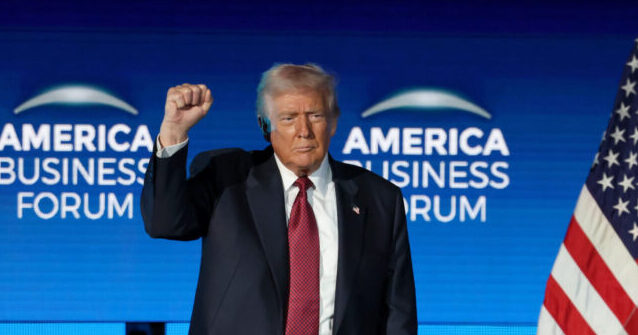A sweeping new analysis of tariff policy spanning 150 years suggests that the economic establishment may have fundamentally misunderstood how tariffs affect prices and employment, a finding with profound implications for understanding President Donald Trump’s trade policy and the proper response by the Federal Reserve.
Researchers at the Federal Reserve Bank of San Francisco examined major tariff changes from 1870 through 2020 across the United States, the United Kingdom, and France. Their conclusion challenges the conventional wisdom that dominated economic policy debates in recent years: when countries raise tariffs, prices actually fall, not rise.
“We find that a tariff hike raises unemployment and lowers inflation,” the authors, Régis Barnichon and Aayush Singh, write in their working paper released this month.”This goes against the predictions of standard models, whereby CPI inflation should go up in response to higher tariffs.”
The finding arrives at a politically charged moment. As the Trump administration has implemented tariff increases averaging 18 percent on U.S. imports in 2025, mainstream economists warned of a significant inflationary spiral. The Federal Reserve officials have repeatedly said they have hesitated to cut interest rates because they expect tariffs to push up prices.
More recently, several Fed officials have said that they think the central bank should not cut interest rates further due to what they believed would be inflationa
Continue Reading on Breitbart
This preview shows approximately 15% of the article. Read the full story on the publisher's website to support quality journalism.
